Shahana Hanif Is Running To Represent District 39 In City Council
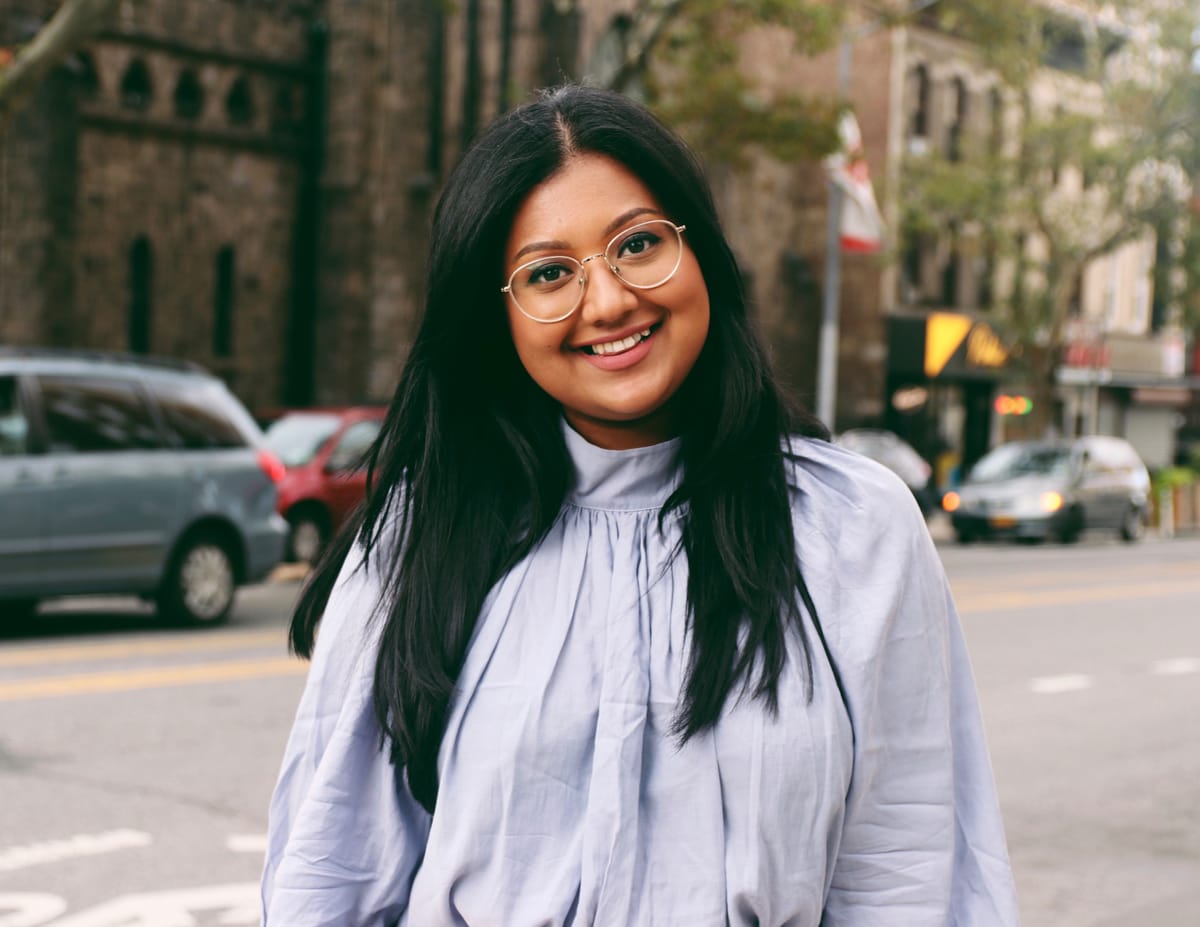

KENSINGTON/PARK SLOPE – Shahana Hanif was meant to survive. When she was diagnosed with lupus, her doctor told her she wasn’t going to die, but she wasn’t going to be OK. Eleven years later, Hanif stands as strong as ever. She stands up for herself, for her family, and for her community. And she hopes to continue doing that as District 39’s next Council Member.
In 2016, Hanif was profiled for the first time and just it so happened to be by Bklyner. Three years later, the story is still fresh in her mind. At a Barnes and Noble in Park Slope a few weeks ago, Hanif sat straight wearing a large smile on her face. She took out her phone, pulled up the article, and began quoting from it.
“I owe my community. I will fight ’till the end,” she read out loud. “And so here we are three years later.”
“Living up to your promise, huh?” we asked. And then she laughed. It came from her belly and it was loud and confident and she didn’t care. It was just as we described it three years ago, “a deep, bellowing laugh she unleashes at the end of many stories, even ones that could otherwise be tinged with bitterness.”
“This is how I will describe myself,” she said. “As someone who keeps their word.”
Hanif, a Bangladeshi-American Muslim woman, did not always plan on running for public office. She’s an activist and an organizer. Currently, she’s the Director of Organizing & Community Engagement at Council Member Brad Lander’s office. So what changed her mind?
Last year, Hanif was looped into the story of Ms. Zahan. Zahan was a woman who wanted to escape an abusive forced marriage. Eventually, Hanif would help her.
“It was way after 11 p.m. when I was looped in and right away I began safety planning for this young woman who was in a hostile household experiencing domestic violence,” she said.
Hanif then connected with community partners she had made through her work around gender equity and the feminist movement in the city. She galvanized a large amount of support to eventually save Ms. Zahan. They got her to the Asiyah Women’s Center and now she has her own place. That is when Hanif decided she was going to run.
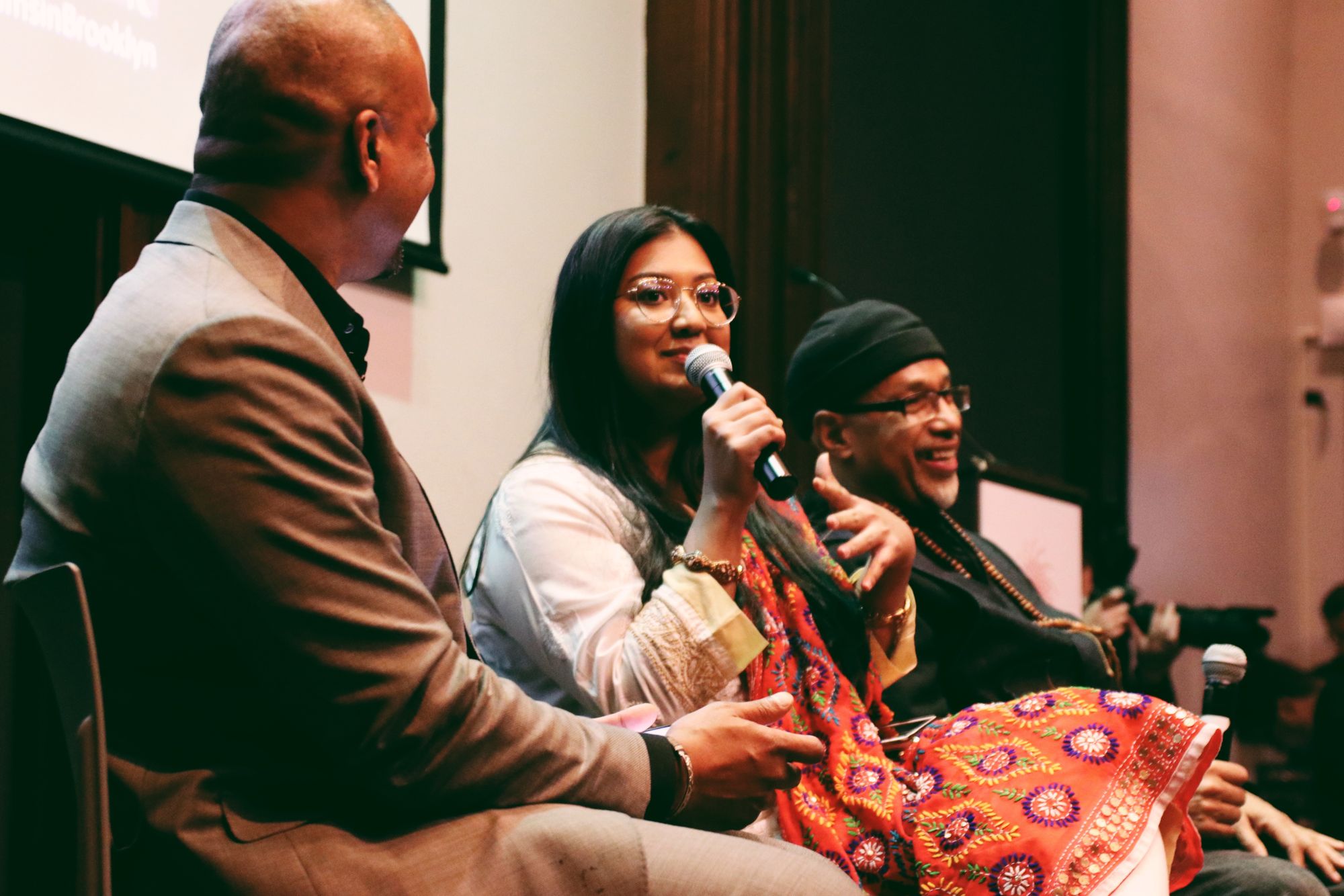
“Coming into this space, I am bringing in the legacy of Bangladeshi women leading our city and the labor of Bangladeshis really bolstering our economy,” she said. “It is the legacy of my father having moved at a very young age from Bangladesh as a ship jumper and settling in Crown Heights completely alone. I carry those legacies with me as I come into this work.”
She said in a climate where everyone is holding hands to fight against President Donald Trump’s policies, it is critical for people to look in their district to see whose been doing the work, not just limited to immigrant rights. Take the transit crisis in NYC, for example. As a lupus survivor, she has been directly impacted by the health care system, which ties in with the transit system.
“Having lupus means I’ve traveled from Coney Island Hospital to Maimonides Hospital, to the Hospital for Special Surgery, and have seen the trail of inadequate healthcare and top-notch healthcare and seen where our public transportation falls short,” she said. “I carry all of that into my space.”
A few weeks ago, hundreds of cyclists and supporters gathered together and rode their bikes to Coney Island Avenue and Avenue L where cyclist Jose Alzorriz was killed by a driver. That was the day Hanif began riding a bike.
Hanif didn’t always ride a bike. She said she was too afraid to ride on the streets of Brooklyn. Her bike was a hand-me-down from her friend. She was terrified riding it from Kensington to Prospect Park where everyone was to gather. She was slow and didn’t know proper bike etiquette. It was also hard because she has had two hip replacements and a shoulder replacement, and she knew that if she fell she could end up in the hospital for another replacement surgery. But all of her fears went away when she saw the crowd.
“Seeing the crowd there was humbling and powerful and I was ready to ride,” she said. “And I knew I was not going to fall. This wasn’t gonna be a ride where I fall or crash.”
And she’s been riding ever since.
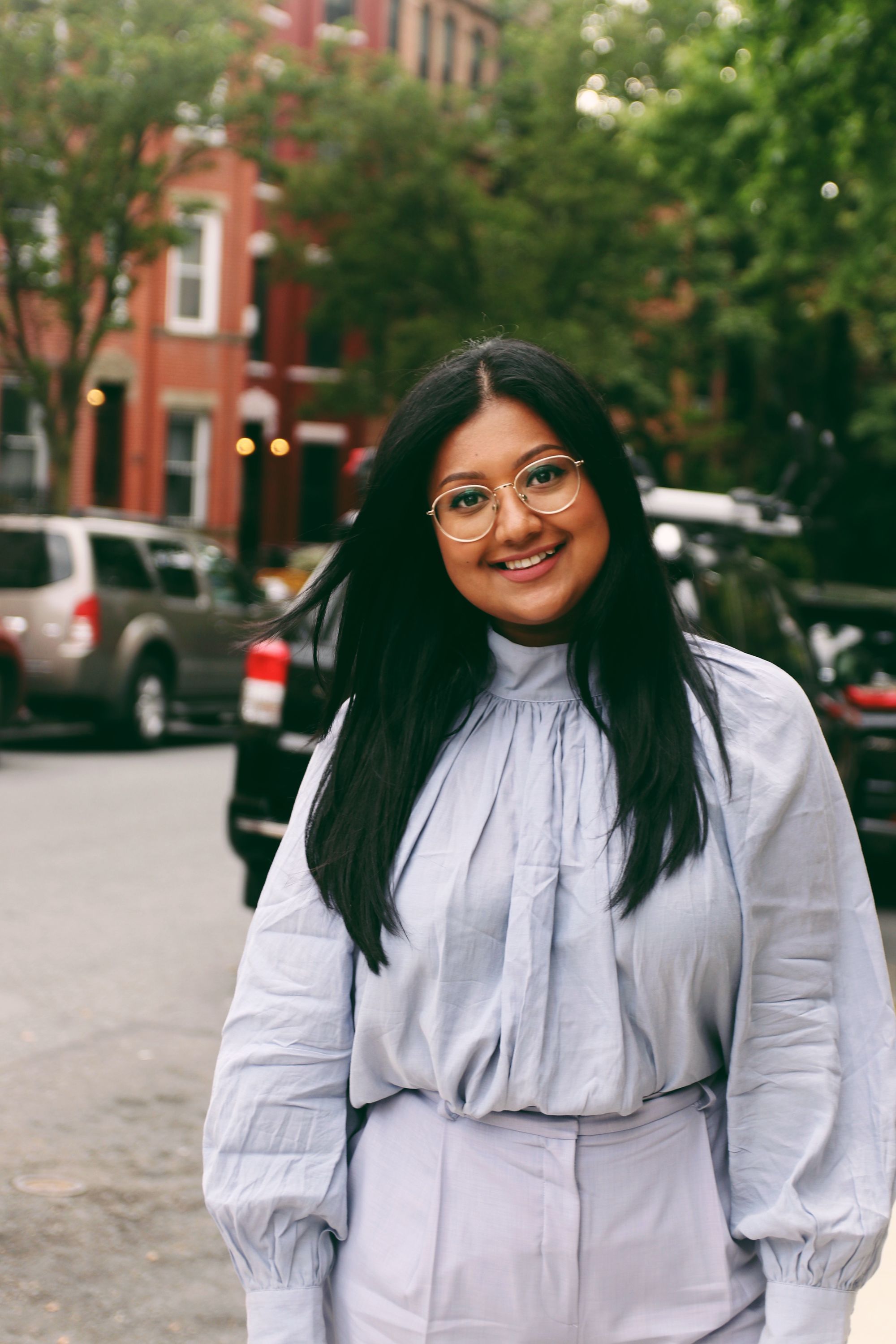
Hanif can run for any city or state-wide elected position. But, she feels that at this point in time, the City Council is the best fit for her. She absolutely loves fighting for local issues and believes whole-heartedly in local organizing.
“It is about knowing my neighbors and being in conflict with them at the same time. I talk a lot about having seen Bangladeshi older men leading in all of my life’s existence,” she said. “But it’s also about being in shared spaces with them to talk about how our community would respond after the Port Authority incident. It is about coming together when ICE raids were happening to figure out how to disseminate information. It’s about extending my hand and having someone there.”
As a City Council member, she would want to begin a council-led survivor fund. She remembered Ms. Zahan and said, “I shouldn’t have to ask dozens of people to put down money. There needs to be an allocated pool of money that is supporting survivors to get back on their feet.”
She wants the MTA to have stations that are more accessible and believes the City Council should have a role in implementing a better transit system. She wants to see her community feel comfortable taking the train or the bus to get to where everyone needs. She also believes there should be a mandatory mental health check-in with doctors, just how there is an annual medical check-in. Hanif wants there to be more funding for immigrant-related initiatives and language access.
“It’s important to recognize that a lot of the pieces that are disseminated by different agencies in Bangla, at least, they are not readable. When you are undocumented and need to know rights regarding your status and changes in federal laws, it is critical that you can read it,” she said. “I know our communities have people who could translate and do it way better than what the city is outsourcing.”
Participatory budgeting is a process Hanif really loves, though she admits she wasn’t so keen about it in the beginning. She wants to mandate it so there is more money for projects.
“In my time, we’ve seen the most votes in the eight cycles we have been leading it,” Hanif said. “There’s something to say about that and something to say about that work being carried by a woman of color, born and raised in Brooklyn who actually knows her stuff. A woman who is not afraid to work with other people in really transformative ways to resolve, to heal, and to transform.”
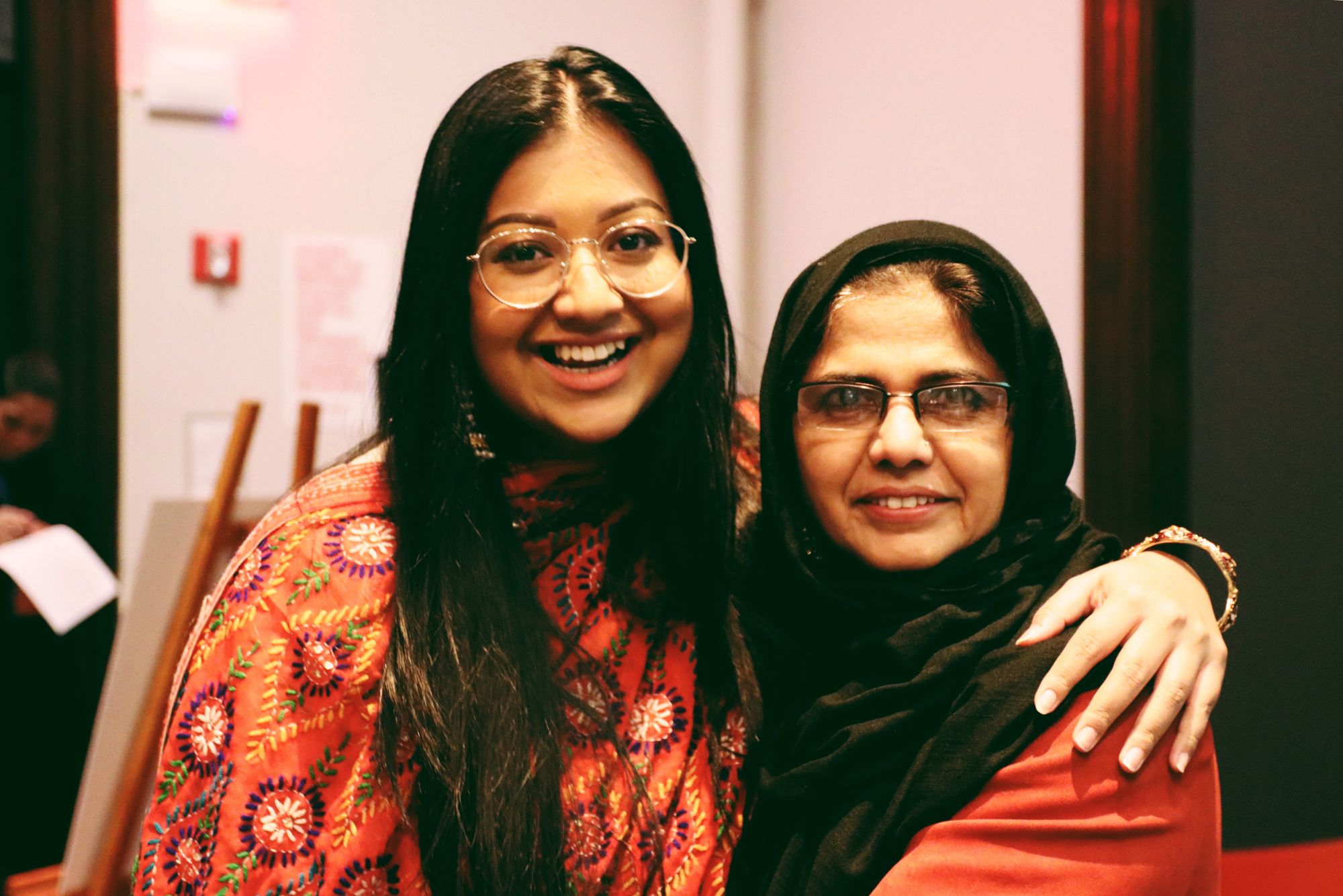
Homelessness is a huge problem in NYC, but it’s also a problem in Kensington. She said the solution to the problem is more challenging than people believe.
“The underlying issue here is that affordable housing is basically non-existent. I have been directly trying to figure out how to talk about this crisis around housing and then with that, street homelessness, and with that, homeless families who are homeless as a result of so many things that our city fell short on.”
She believes the community should be more involved in the shelter process, but “if the community is saying we just don’t want people to live here, that for me is unacceptable.”
“It’s not a one fix deal. Some people think ‘Oh there’s a homeless person here, let’s call the cops.’ No, that’s not how it works,” she said. “If Gary wants to sit on the Kensington Plaza, he should sit on the Kensington Plaza.”
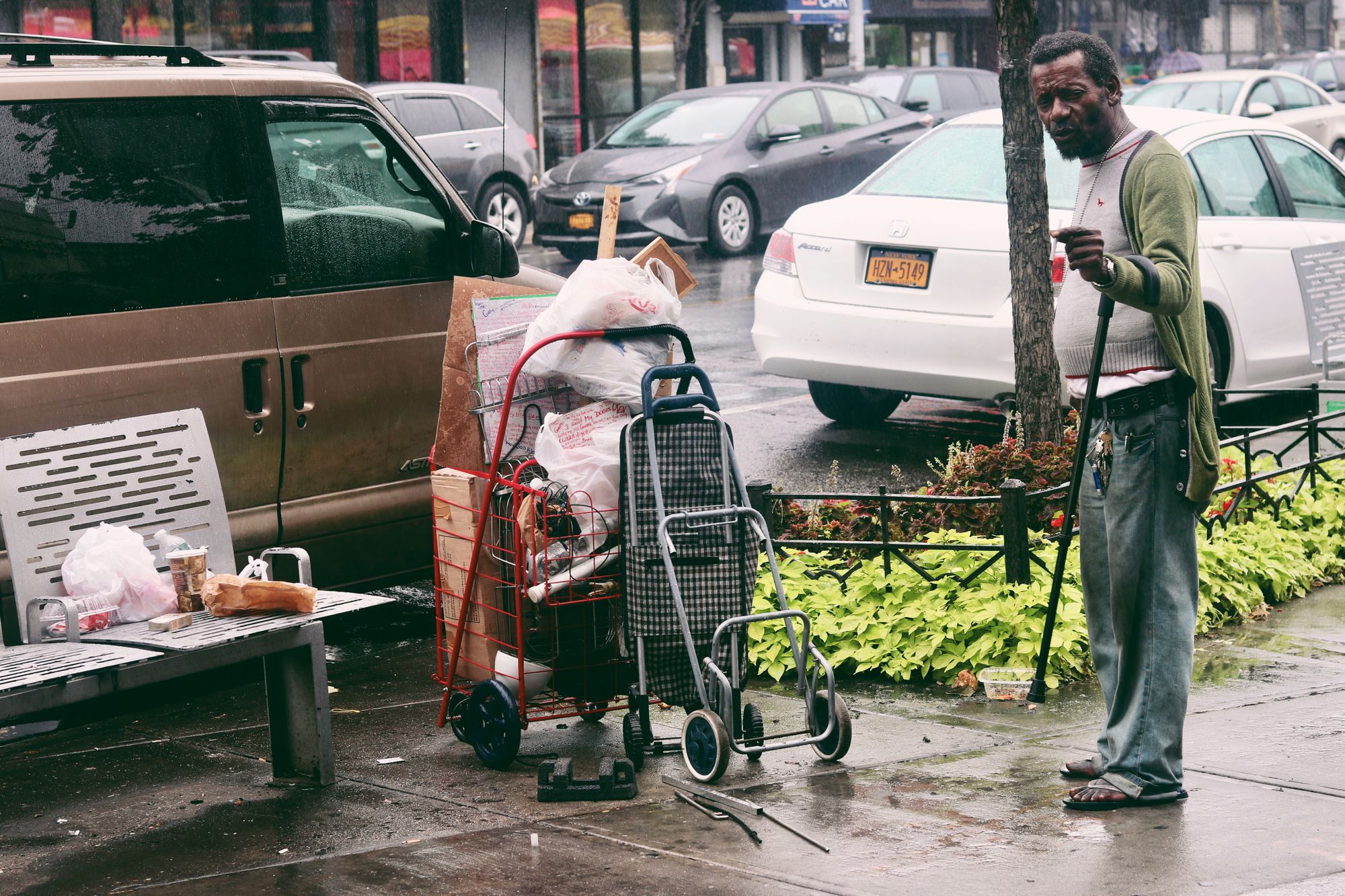
Hanif was smiling and laughing throughout the entire hour, but when asked about the backlash she could experience because of simply being a Muslim woman, she began to cry.
“This has got to be the scariest thing I’ve done,” she said in between tears. “For me, it’s important to recognize that one, it’s going to be hard. But I have a track record of consistent good work, consistent commitment in fighting for justice, and consistent fighting with truth and power. And bringing with me all those who felt lost like me.”
One of the things that makes it hard for Hanif is the fact that she does not know a Muslim woman holding political office in NY. She said the lack of representation means she does not have anyone to lean on.
“My place is unique because unlike the white men who have other white men to refer to, I don’t have that,” she said. “I know my Muslimness will be a thing people will want to center, but I am also more than that. I’m good at holding myself with courage. I survived lupus. That was the hardest. This? This is not that hard.”
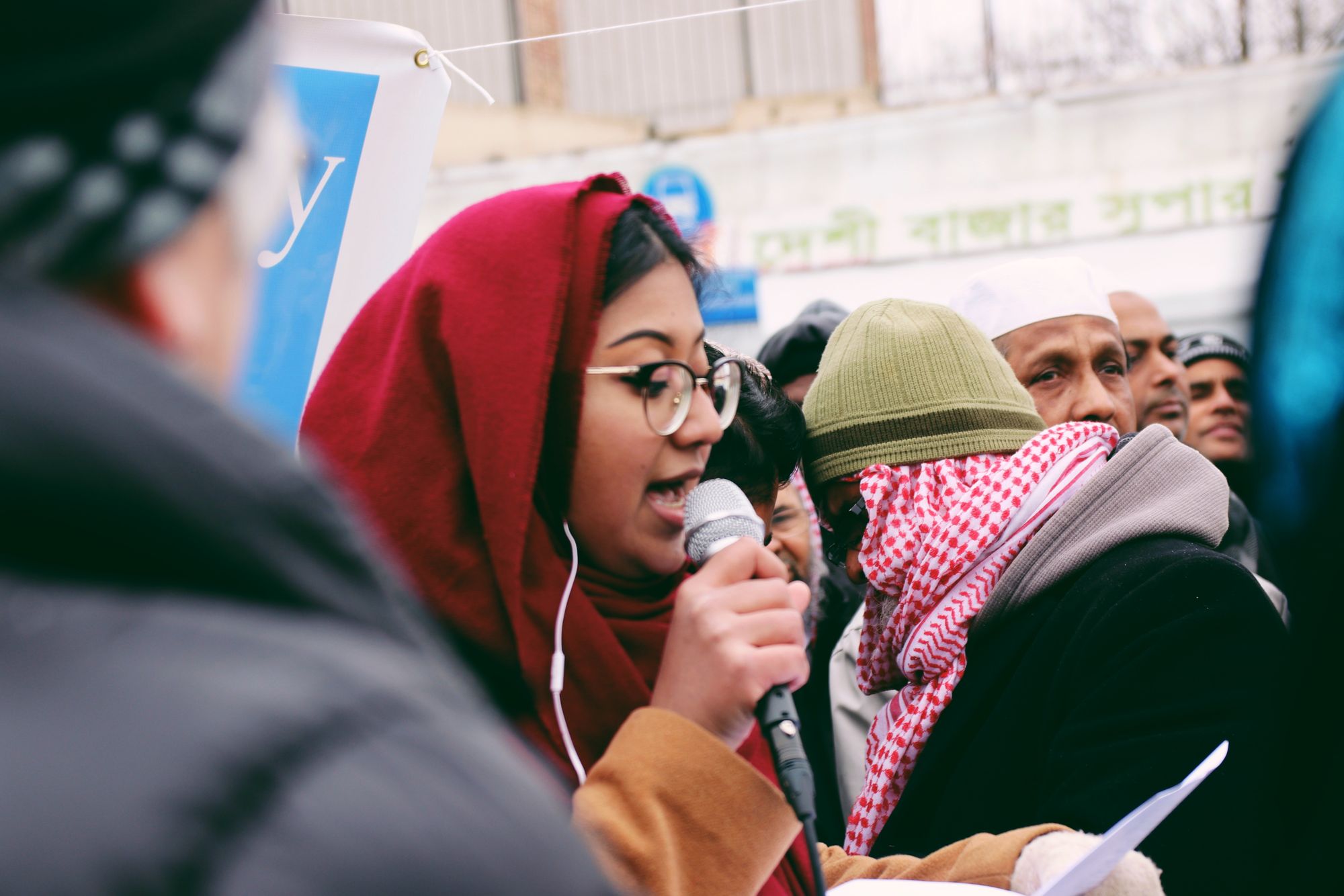
Hanif is the eldest of three. She has two younger sisters who she loves dearly. When she was younger, she was a shy and timid girl. Now, the word “shy” in conjunction with her name doesn’t sound accurate. She said it surprises her every time she speaks. She said her community often leans on her for advice. Oh, and she said Kensington has the best pizza.
“I have my own community I struggle with because although many know my capacity to carry on the work I’ve been doing, many others don’t want to think I can,” she said. “I am also fighting through the patriarchy and never keeping quiet.”
Nonetheless, Hanif is excited about everything that is about to come. If she wins, it would be huge for young Bangladeshi women in Brooklyn and beyond. Hanif would be the first Bangladeshi Muslim woman in elected office in NYC.
“I feel like this has got to be the scariest thing I’ve ever tried in my life and it will never be the same as when a young white guy runs,” she said. “It’s not comparable. I’m doing this is a risk of everything everyone told me I could not do. It’s because I believe in a better Brooklyn. This race means something.”
For more information or to donate, check out Hanif’s website here.




